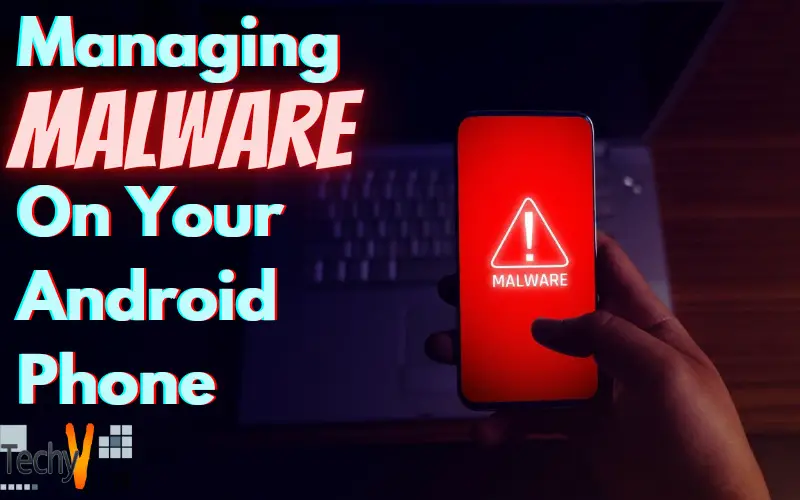Even if you don’t have an Android phone, you are bound to know someone who does. Without a doubt Android is the most popular mobile OS worldwide. It is found on devices of all shapes and sizes from various brands. The popularity of Android has paved the way for malware software. Due to its wide user base and less restrictions on files Android devices are susceptible to malware code. Android is Java based OS; the ease of writing code for Android unlike iOS makes it more appealing to bad guys.
Malware can range from ad pop-up to sophisticated data mining software. Most malware are meant to steal personal information on the device. Our mobile devices store a lot of our personal information like credit cards, messages etc.. It is crucial to follow some basic steps to make sure you are protected from malware software.
1) Install a mobile antivirus: Many people argue that mobile phones don’t need antivirus software but for internet savvy folks who do a lot of web browsing or regularly use mail on the mobile should use antivirus software. And a lot of antiviruses are free for basic scan purposes like Avast Mobile Security and Antivirus, Kaspersky Internet Security for Android etc. Most free versions of these apps scan the system only when you manually do it. This prevents the app from using up your battery.
2) Install apps only from Google Play Store: Over 99% of malware comes for third-party un-verified ‘cracked’ applications. Unverified apps over the internet are often bundled with malware which simultaneously installs on your system. In a mobile environment it is very difficult to check for bundled software.
3) Look carefully at app permissions while installing apps from Play store. Most people tend to overlook the window which states the permissions the app needs for access to various resources of your device. It is recommended to carefully check those first, understand them and then install the app especially, if the publisher looks spooky. Even though Google has introduced Bouncer (an automated app ratification system) Play Store is a relatively open environment.
4) For users who have rooted their Android phones it is is absolutely imperative that you are careful with the root permissions granted to apps. An app with root access can do virtually anything to your device without your knowledge. Install apps like Superuser etc. to manage root access to your apps.
5) Avoid unverified files on mobile. Unverified downloads include everything ranging from unknown email attachments, Bluetooth transfers, open Wi-Fi and downloads from internet. It is better to avoid them all-together and keep your system secure.
6) Go to Settings > Security in the Device Administration tabs; make sure Unknown sources is disabled. This prevents apps from unknown sources from automatically installing on your system.


















